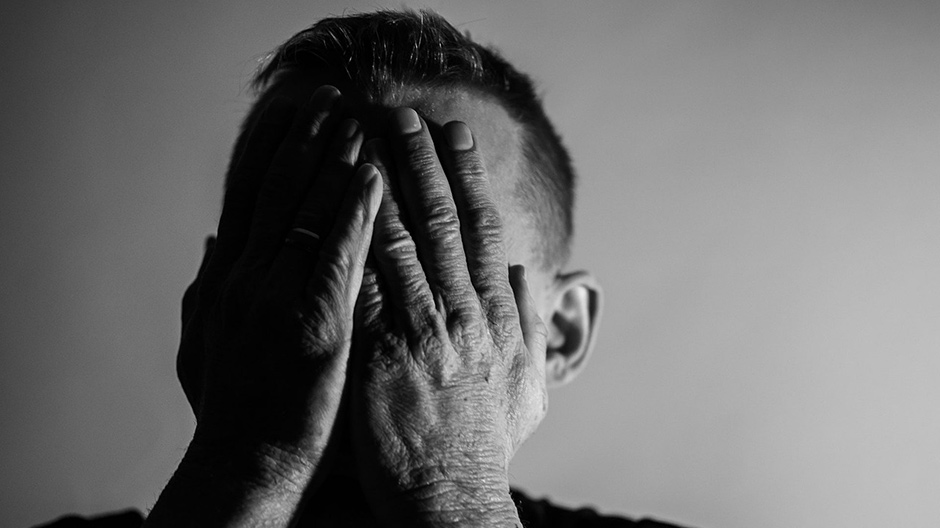Diagnosing and treating substance abuse disorder is a daunting task, especially when an underlying mental health illness accompanies it. When an individual has the two, this is referred to as a dual diagnosis or co-occurring disorder.
According to SAMHSA, the authority with a mission to reduce the impact of substance abuse and mental illness among America’s communities, approximately 50% of general psychiatric patients suffer from substance use disorder. Unfortunately, only 7.4 % of dually diagnosed patients receive the right treatment for the two conditions.
Here is a brief highlight of what you need to know about dual diagnosis.
Which comes first?
As per studies, either of the two can develop first. For example, an individual experiencing depression symptom may self-medicate using alcohol or other substances that may appear as a remedy. Unfortunately, self-medication with substances causes side effects, while in other cases, it worsens the symptoms they initially helped to relieve.
On the other hand, substance abuse may change the brain in a way that makes it more likely to develop a mental disorder. For example, alcohol abuse exacerbates depression symptoms.
What Causes Dual Diagnosis?
Even though a complex interplay of factors causes mental disorders, including environment and genetics, abusing substances and drugs increases the likelihood of developing a mental disorder. For example, people who abuse opioid painkillers are likely to develop depression, while cannabis use is linked to an increased risk of schizophrenia.
Additionally, alcohol and other often-abused substances can also interact with mental disorder medications such as antidepressants and mood stabilizers, making them less effective in managing symptoms and delaying recovery.
Regrettably, due to the lack of awareness, many patients with a dual diagnosis are not getting the right treatment.
Road to Recovery
Whether the mental disorder or the substance abuse disorder came first, long-term recovery depends on getting treatment for the two. The treatment option that promises effectiveness is the integrated approach, which involves a combination of medications, behavioral therapies, and social support.
The integrated approach offers lower costs and better outcomes, including:
- Reduced substance abuse
- Enhanced quality of life
- Decreased hospitalization
- Improved functioning
- Few psychiatric symptoms
Treatment for Mental Illness
The treatment for mental illness includes individual and group counseling, peer support, and lifestyle changes.
Treatment for Substance Abuse
Substance abuse disorder treatment involves counseling and behavioral therapy, detox, and managing withdrawal symptoms.







